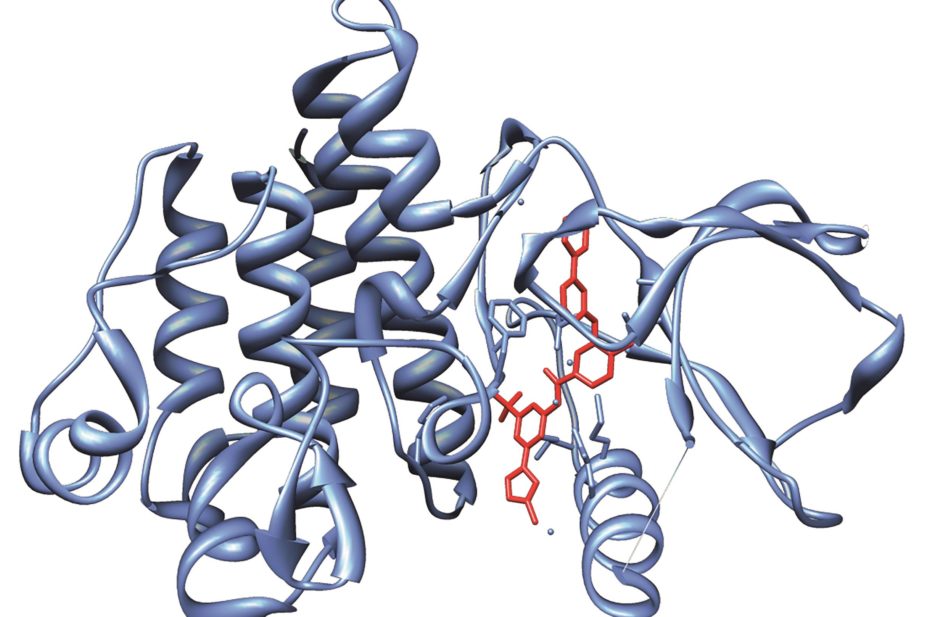
SocratesJedi / Wikimedia Commons
Parkinson’s disease (PD) is characterised by the loss of dopamine neurons, leading to inadequate dopamine production within the brain.
Researchers from Georgetown University, Washington DC, found that the tyrosine kinase inhibitor nilotinib, which is licensed for treatment in chronic myeloid leukaemia (CML), increased brain dopamine and improved motor and cognitive function in patients with PD and Lewy body dementia.
The six-month phase I study involved 12 patients, 11 of whom completed the trial[1]
. At doses lower than those usually given in CML, the drug was well tolerated and, in addition to symptom improvements, resulted in favourable changes to biomarkers of PD progression.
However, the researchers note that the study was intended to assess safety and larger, placebo-controlled studies are planned to properly establish the drug’s efficacy in PD and dementia.
References
[1] Pagan FL. Nilotinib significantly alters blood and CSF α-Synuclein and p-Tau levels, inhibits dopamine breakdown and increases neuro-restorative markers in an open-labelled Parkinson’s disease with dementia and Lewy body dementia trial. Presented at: The Annual Meeting of the Society for Neuroscience, 17–21 October 2015, Chicago, United States.

